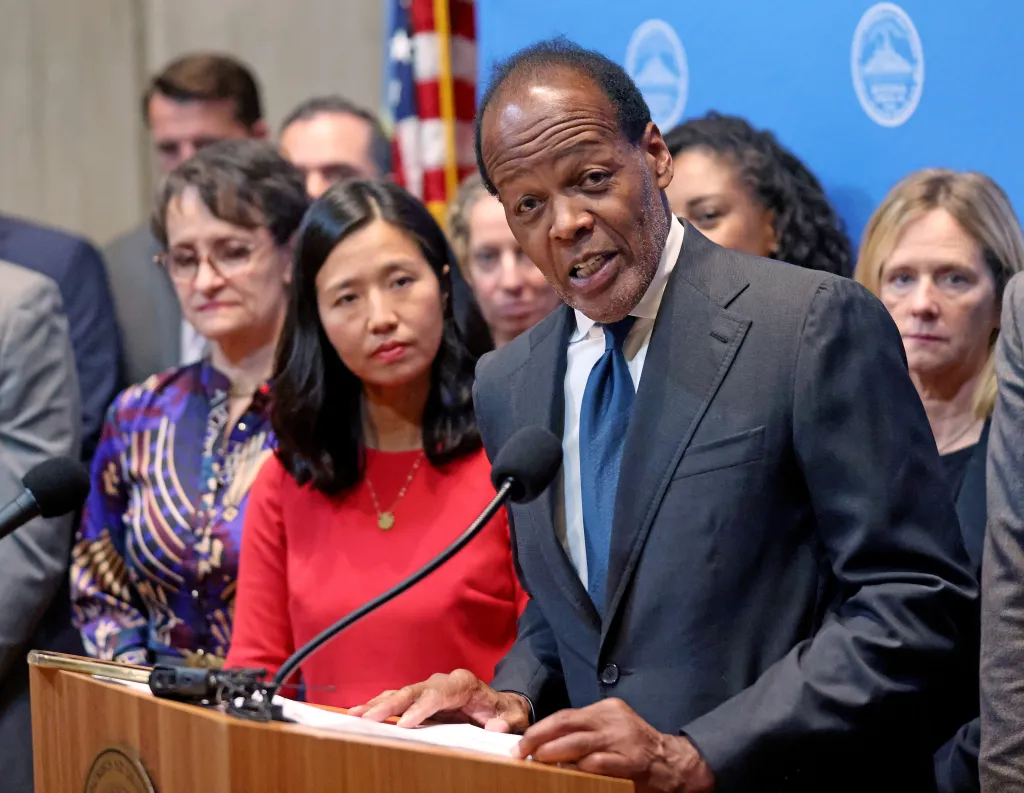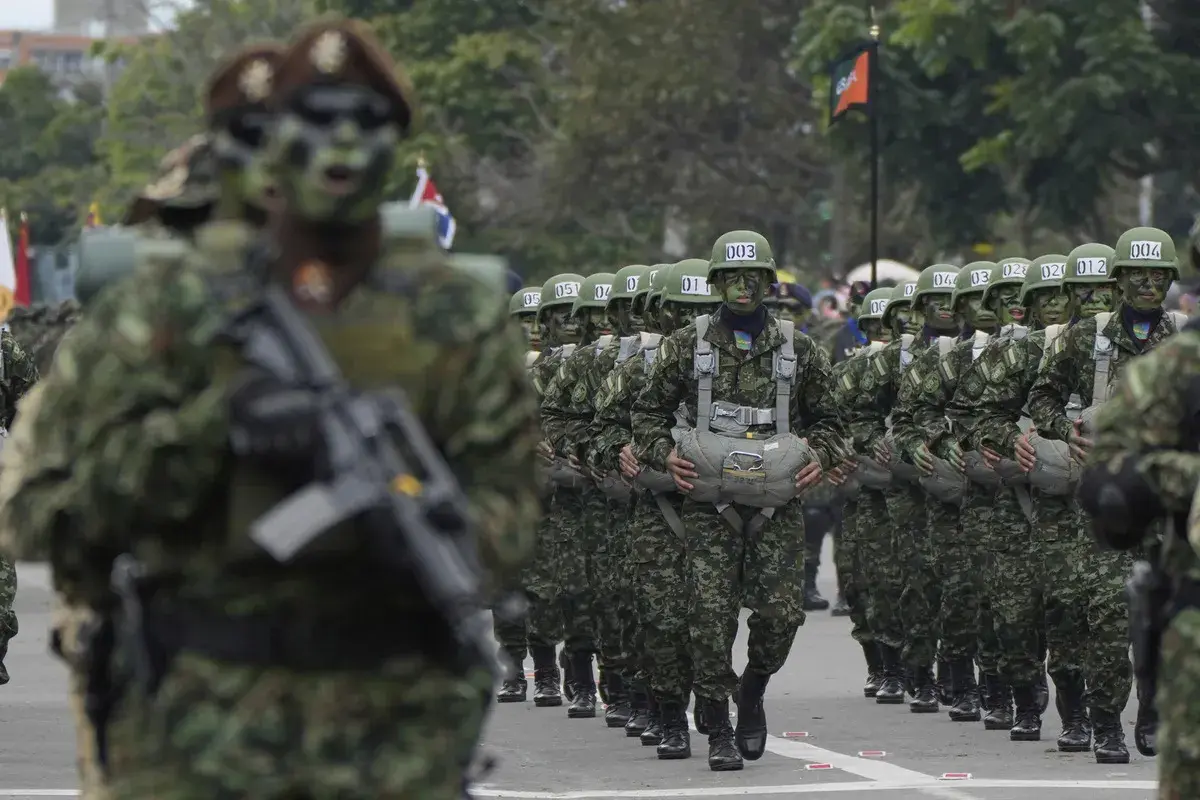Copyright news18

Pakistan’s parliament on Wednesday passed a constitutional amendment granting expanded powers to the army chief and curbing the authority of the Supreme Court, a move that critics warned would inflict lasting damage on the country’s democracy, reported news agency Reuters. The National Assembly approved the bill with more than a two-thirds majority, with only four lawmakers opposing it. The Senate had passed the legislation two days earlier after the opposition boycotted the debate, resulting in an unusually swift approval process for a constitutional amendment. The measure will become law once signed by the president — a step seen as a formality. Under the new amendment, Army Chief Asim Munir will assume the new role of Chief of Defence Forces, gaining command over the army, navy, and air force. Upon completion of his term, he will retain his rank and receive lifetime legal immunity. Prime Minister Shehbaz Sharif hailed the legislation as a step toward “institutional harmony and national unity.” “If we’ve made this part of the Constitution today, it’s not just about the field marshal,” he said in parliament. “Nations honour their heroes … We know how to show and earn respect to our heroes.” However, opposition lawmakers and legal experts called the amendment a blow to judicial independence and a consolidation of military power. The reform strips the Supreme Court of jurisdiction over constitutional cases, transferring them to a new Federal Constitutional Court, whose judges will be appointed by the government. Members of the Pakistan Tehreek-e-Insaf (PTI), founded by jailed former premier Imran Khan, walked out of the session and tore up copies of the bill in protest. PTI spokesperson Zulfikar Bukhari said, “None of the parliamentarians cared about democracy and the judiciary being eliminated. Rest in peace, Constitution of Pakistan.” Legal experts warned that the change undermines the separation of powers. Constitutional lawyer Asad Rahim Khan said, “We are facing completely uncharted territory — a breach in our judicial system the likes of which we haven’t seen in almost a century.” Another constitutional lawyer, Mirza Moiz Baig, said the amendment sounded the “death knell” for judicial independence, giving the executive unchecked control over the judiciary. “With the amendment’s passage, parliament has done what previous dictators could only dream of,” Baig remarked. The military has long exercised significant influence in Pakistan’s politics, but the latest amendment grants it formal constitutional authority — cementing its role at the core of the state’s power structure.



